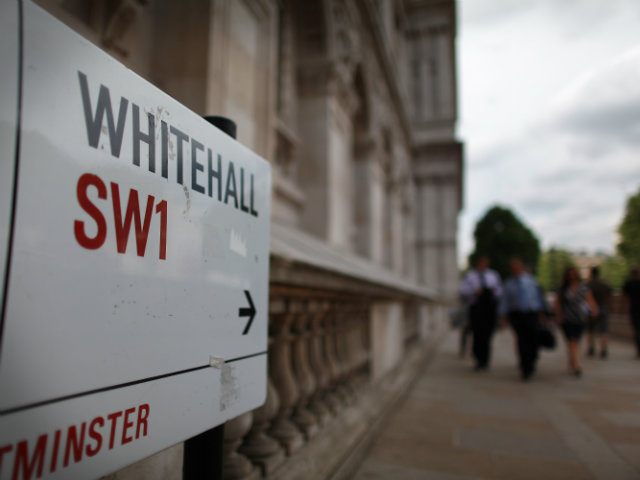The government has kept no records on the majority of the £2.5 billion of research it commissions each year, an inquiry has found, leading to concerns that it may be using its lack of transparency to cover up findings it doesn’t like.
Of the 24 government departments in Whitehall, just four keep a database of the independent research they commission. The remainder is simply being “lost” to the system – to such an extent that government officials are forced to use Google to track findings down.
The shocking state of affairs was uncovered by Sense About Science (SAS), a charitable trust which aims to make sense of scientific claims made in the public sphere. Concerned about media stories involving government cover-ups, the charity commissioned Sir Stephen Sedley, a former judge in the Court of Appeal and new trustee, to undertake an inquiry into government research and how it is being used.
Freedom of Information requests lodged to establish what research was held by each government department revealed that eleven were completely unable to provide a list of the research they had commissioned, while a further seven said they were unable to collate the information as it would be too costly to do so.
A spokesman for SAS said: “The inquiry was initiated following a spate of media stories about government research being suppressed or delayed, allegedly because the findings were politically awkward.
“A review of cases submitted to the inquiry reveals that publication of research has been manipulated to fit with political concerns, but poor records conceal the extent of this behaviour.”
Each year the government spends approximately £2.5 billion on research, both in-house and commissioned from external sources, the inquiry found. But the rules requiring publication are “weak and open to political opportunism,” the spokesman said, adding: “Millions of pounds of research is lost from government records.
“Ghost research is being created: paid for but, unrecorded and unpublished, it becomes unfindable in the national archives and exists only in the memories of officials.”
Ed Humpherson, head of assessment, UK Statistics Authority (UKSA), told the inquiry that his organisation had to repeatedly push for the evidence to back up claims made by ministers, suggesting that there are no guidelines for the publication of research.
“UKSA find it unacceptable for [public] claims to be made without everyone having access to the analysis behind them, so we press for publication,” he said. “That we have to do this repeatedly means that the principles of prompt publication found in codes governing research might not be that strongly embedded.”
Other witnesses spoke of the difficulty in accessing findings – even for civil servants working within the departments. One official told Mr. Sedley: “Reports can be hidden on obscure servers (leaving) civil servants unable to find their own work.”
Another said: “If you want to find out what Government is doing, Google it.”
Furthermore, the report highlighted some of the problems that poor record keeping can lead to. As there is no oversight some of the research is simply never published, while others are made public long after a policy announcement, leading to confusion within the public debate on how a policy decision was reached – or to cover up poor decision making.
“Delay designed simply to avoid political embarrassment is not ethically acceptable,” Mr. Sedley insisted in the report.
He has recommended that the government “ensure timely public access to research even — indeed especially — where it conflicts with policy.”
And he suggests that research should “ordinarily be published as soon as it is ready, and ahead of policy announcements unless this is genuinely impracticable. Deferral beyond the time of policy promulgation should require very strong justification.”
But his overarching recommendation is simply that a central database of commissioned research be set up, to ensure full transparency surrounding the policy-making process and the evidence upon which it is based.
“Some government departments do maintain a research register – and the sky hasn’t fallen in at those departments” the SAS spokesman said. “They continue to commission research with the advantage of knowing whether it has been published and where it is.
“Sir Stephen recommends that government sets up one central, publicly accessible register for all government-commissioned research. We will respond to his recommendation by pressing firmly and publicly for it.”

COMMENTS
Please let us know if you're having issues with commenting.